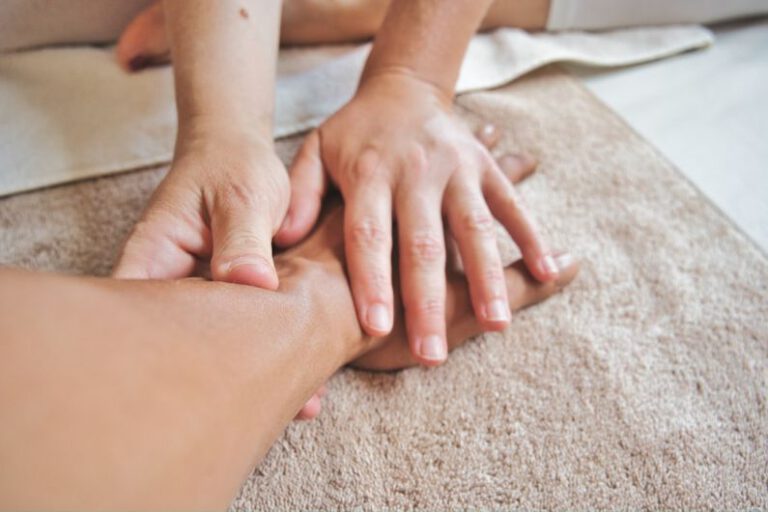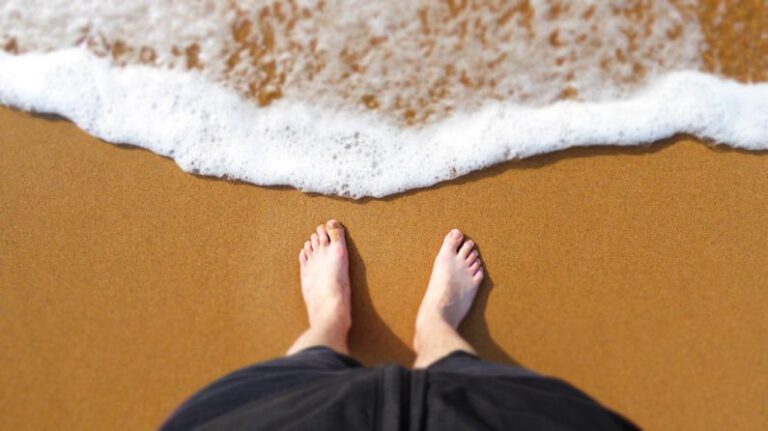Sleep: the Unsung Hero of Fitness Recovery
**Sleep: The Unsung Hero of Fitness Recovery**
In the pursuit of fitness goals, many people tend to prioritize their workout routines and nutrition plans, often overlooking one crucial element that plays a significant role in their overall performance and progress: sleep. While hitting the gym and following a balanced diet are essential aspects of a healthy lifestyle, the quality and quantity of sleep you get each night can make a world of difference in your fitness journey. Let’s delve into why sleep is the unsung hero of fitness recovery and how it impacts your physical and mental well-being.
**The Importance of Sleep in Fitness Recovery**
When you engage in physical activities such as strength training, cardio exercises, or sports, your muscles undergo stress and micro-tears, leading to muscle fatigue and soreness. It is during sleep that your body initiates the repair and recovery process. While you rest, your muscles have the opportunity to rebuild and grow stronger. Adequate sleep is crucial for muscle recovery, as it allows the body to release growth hormone, repair damaged tissues, and replenish energy stores.
Moreover, sleep plays a vital role in regulating your metabolism and supporting optimal hormonal balance. Lack of sleep can disrupt the production of hormones such as cortisol, insulin, and testosterone, which are essential for muscle growth, fat loss, and overall performance. Inadequate sleep can lead to increased levels of stress hormone cortisol, which can hinder muscle recovery and promote fat storage. On the other hand, getting sufficient sleep helps maintain a healthy hormonal balance, supporting your fitness goals.
**The Impact of Sleep Deprivation on Fitness Performance**
Insufficient sleep not only impairs your body’s ability to recover but also affects your overall fitness performance. When you are sleep-deprived, you may experience decreased energy levels, poor focus, and reduced motivation to exercise. Lack of sleep can also impair cognitive function, coordination, and reaction time, increasing the risk of injuries during workouts or sports activities.
Furthermore, inadequate sleep can lead to muscle weakness, decreased endurance, and slower recovery between exercise sessions. Without proper rest, your body may struggle to adapt to training stimuli, leading to plateaued progress or even regression in fitness gains. To maximize your performance and achieve your fitness goals, it is essential to prioritize sleep as part of your recovery routine.
**Optimizing Sleep for Fitness Recovery**
To reap the benefits of quality sleep for fitness recovery, it is essential to establish healthy sleep habits and prioritize restorative rest. Here are some tips to optimize your sleep for better fitness recovery:
– Maintain a consistent sleep schedule: Go to bed and wake up at the same time each day to regulate your body’s internal clock and improve the quality of your sleep.
– Create a relaxing bedtime routine: Wind down before bed with calming activities such as reading, meditating, or taking a warm bath to signal to your body that it is time to sleep.
– Keep your sleep environment conducive to rest: Ensure your bedroom is dark, quiet, and at a comfortable temperature to promote sound sleep.
– Limit screen time before bed: Avoid electronic devices such as smartphones or computers before bedtime, as the blue light emitted can disrupt your sleep-wake cycle.
– Stay active during the day: Regular physical activity can help improve the quality of your sleep and promote deeper restorative sleep.
**The Bottom Line: Sleep as Your Fitness Ally**
In conclusion, sleep is a fundamental pillar of fitness recovery that is often overlooked but plays a crucial role in optimizing your performance, progress, and overall well-being. By prioritizing quality sleep as part of your fitness routine, you can enhance muscle recovery, support hormonal balance, and improve your physical and mental resilience. Remember, sleep is not a luxury but a necessity for achieving your fitness goals and living a healthier, more vibrant life. So, next time you hit the gym or lace up your running shoes, remember that sleep is your unsung hero in the journey towards a fitter, stronger you.






